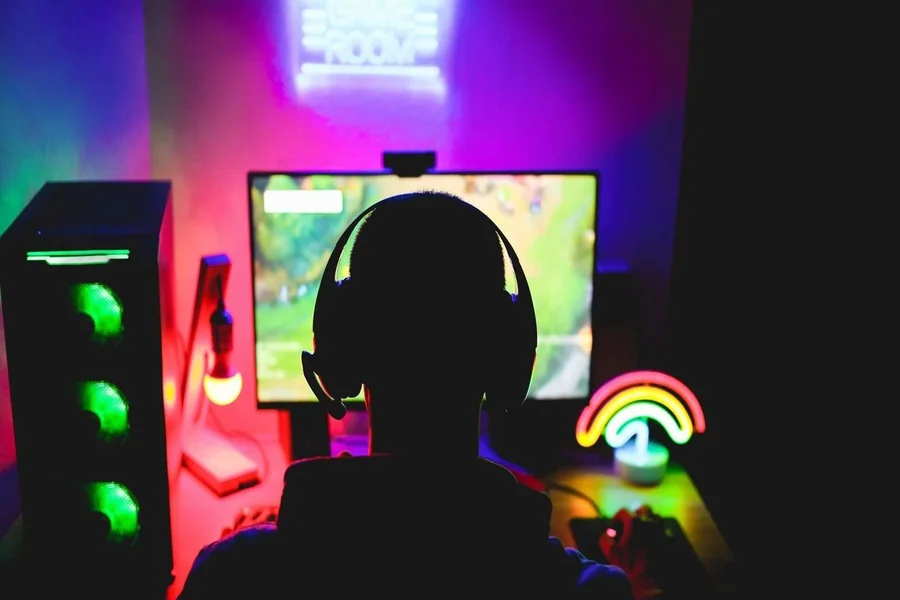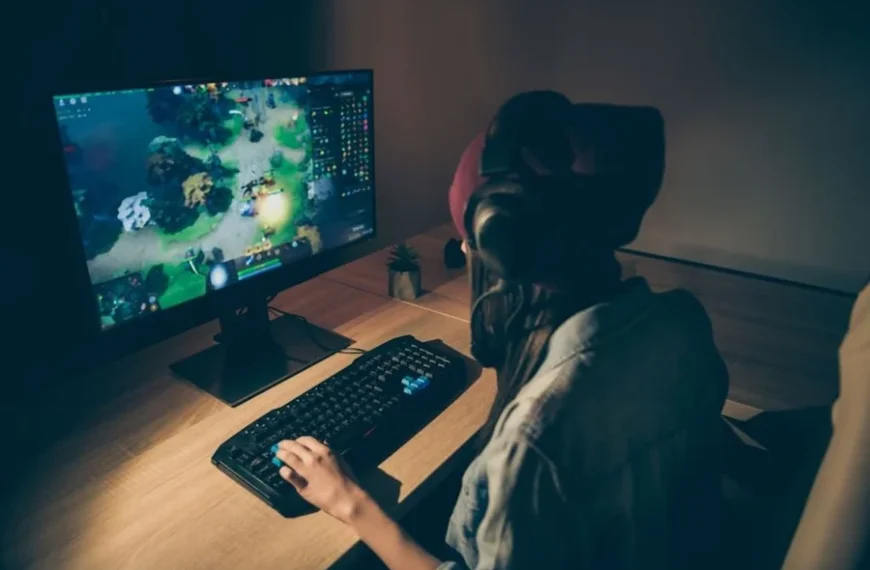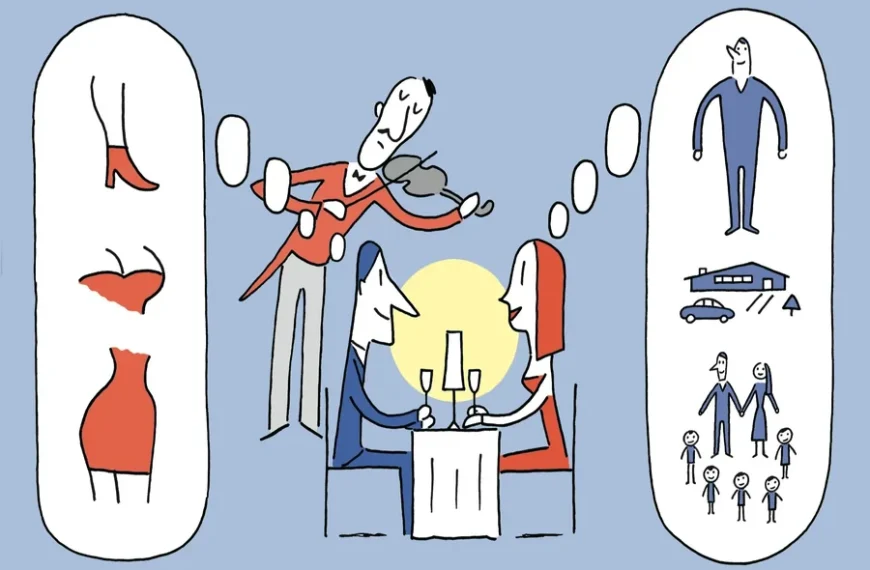Introduction
In today’s digital world, online gaming has grown far beyond a simple form of entertainment. What was once thought of as a solitary hobby has now evolved into one of the most dynamic and interactive platforms for social connection. Millions of people worldwide log into games daily not just to play, but to meet friends, collaborate, and build communities. From casual mobile games to immersive multiplayer worlds, online gaming has redefined how people connect, communicate, and socialize. This article explores why online gaming has become the new social hub and how it has transformed the way we interact with one another.
The Shift from Solo Play to Social Interaction
Gaming was once seen as an isolated activity, with players focusing on single-player campaigns or competing against computer-controlled opponents. The introduction of the internet changed this landscape entirely. Multiplayer modes gave players the opportunity to compete or cooperate with others in real time. Suddenly, gaming became less about playing alone and more about shared experiences.
Today, slot games are designed with social interaction at their core. Features like voice chat, friend lists, guild systems, and cooperative missions encourage teamwork and communication. Players don’t just log in to complete levels—they log in to meet their friends, talk about their day, and share memorable moments.
The Rise of Virtual Communities
One of the defining characteristics of online gaming is its ability to create strong virtual communities. Games such as World of Warcraft, Fortnite, and Minecraft allow players to form groups, clans, or guilds where cooperation is essential. These groups often function like families, offering support, friendship, and a sense of belonging.
For many players, these virtual communities are as meaningful as real-world connections. They provide a platform where individuals from different countries, cultures, and backgrounds can come together and form relationships. This global reach highlights the unique social power of online gaming, breaking barriers that physical spaces cannot.
Online Gaming and the New Social Norms
As gaming communities have expanded, they’ve developed their own social norms, languages, and cultures. From in-game slang to emotes and memes, these shared forms of communication enhance social bonds and create a sense of identity among players.
Platforms like Discord, which originally started as a communication tool for gamers, have become central to this cultural shift. Gamers now gather not only inside the game but also in these digital spaces, where they chat, share content, and organize events. This blending of in-game and out-of-game interaction reinforces online gaming as a true social hub.
Accessibility and Inclusivity
One of the key reasons online gaming has become so socially significant is its accessibility. Unlike traditional social hubs that require physical presence, online games are available to anyone with an internet connection. Mobile gaming, in particular, has opened the doors for millions of people who may never have considered themselves gamers.
This inclusivity means that online games appeal to people of all ages, genders, and cultural backgrounds. Whether it’s a teenager in Brazil teaming up with a player in Japan or grandparents enjoying puzzle games on their tablets, online gaming offers a universal platform for socialization.
The Role of Competitive and Cooperative Play
Competition and cooperation are two of the strongest drivers of social connection in online gaming. Competitive games like League of Legends and Call of Duty foster rivalries, teamwork, and communication under pressure. These intense environments often create bonds similar to those found in sports teams.
On the other hand, cooperative games such as Animal Crossing or Among Us provide a more relaxed environment where players can collaborate, share, and laugh together. Both forms of interaction highlight the social versatility of online gaming—it can be intense and goal-driven or casual and playful, depending on the player’s needs.
Online Gaming During the Pandemic
The COVID-19 pandemic underscored the social importance of online games. When physical gatherings were restricted, games became one of the primary ways people stayed connected. Titles like Among Us, Animal Crossing: New Horizons, and Fortnite became digital meeting grounds where friends, families, and even coworkers could spend time together.
Birthday parties, weddings, and even graduation ceremonies were hosted in virtual game worlds. For many, these games provided a much-needed sense of normalcy and connection during an otherwise isolating time. The pandemic firmly established online gaming as more than entertainment—it became a vital tool for maintaining human relationships.
Streaming and Content Creation as Social Platforms
The rise of game streaming platforms such as Twitch, YouTube Gaming, and Facebook Gaming has expanded the social reach of online gaming even further. Watching a streamer play is often a communal activity where fans engage with both the content creator and other viewers. This has created entirely new forms of social interaction centered around shared gaming experiences.
Streamers, in many cases, act as community leaders, creating spaces where fans feel a sense of belonging. Viewers don’t just watch; they participate through live chats, donations, and interactive features, further solidifying gaming as a modern-day social hub.
The Economic and Cultural Influence of Gaming Communities
The social aspect of online gaming has also had significant economic and cultural effects. Virtual events, such as in-game concerts in Fortnite featuring artists like Travis Scott and Ariana Grande, attracted millions of viewers worldwide. These events blurred the line between gaming and mainstream culture, proving that online games are capable of hosting global social experiences.
Additionally, the popularity of in-game purchases and virtual fashion shows illustrates how social identity and expression are now tied to digital spaces. Players spend money not only for gameplay advantages but also to represent themselves socially within these communities.
Challenges of Gaming as a Social Hub
Despite its benefits, online gaming as a social hub is not without challenges. Toxic behavior, harassment, and cyberbullying are ongoing issues that affect many communities. Developers have introduced moderation tools, reporting systems, and stricter codes of conduct to combat these problems, but they remain areas of concern.
Another challenge is the potential for gaming addiction, where excessive play interferes with real-life responsibilities and relationships. Striking a balance between enjoying online gaming as a social hub and maintaining a healthy lifestyle is a key consideration for players and developers alike.
The Future of Online Gaming as a Social Space
Looking forward, the role of online gaming as a social hub will only continue to expand. Emerging technologies such as virtual reality (VR) and augmented reality (AR) promise even more immersive social experiences. Imagine attending a virtual concert where you can see and interact with friends in a fully realized digital environment.
Artificial intelligence (AI) is also expected to enhance social interaction by creating smarter non-playable characters (NPCs) and tools for community moderation. Meanwhile, cross-platform play ensures that friends can connect regardless of the device they own, further breaking down barriers.
Online gaming is not just keeping pace with social trends—it is actively shaping the future of digital interaction.
Conclusion
The transformation of online gaming from a form of entertainment into a global social hub reflects broader changes in technology, culture, and human behavior. By offering accessible, inclusive, and interactive platforms, games have become spaces where people connect, create, and collaborate.
Whether through competitive play, casual cooperation, or streaming communities, online gaming now serves as a vital form of social interaction for millions around the world. Its impact is cultural, economic, and deeply personal, making it clear that online gaming is more than just play—it’s the new way the world comes together.



